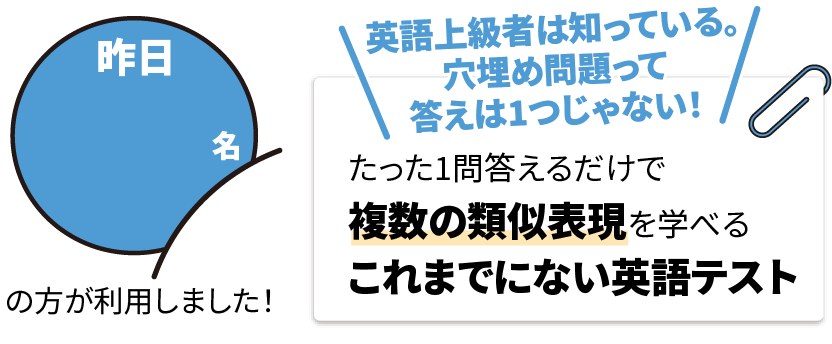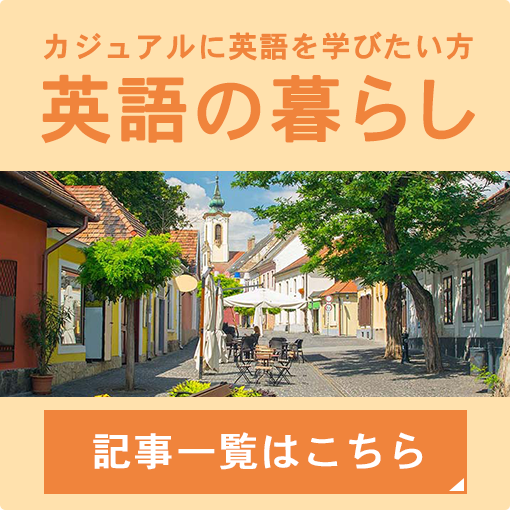Hello this is Simon,
Today I’m going to talk about Adjectives. Adjectives are useful for describing various things such as appearance, shape, size, feelings, speed, sound etc.
この文章を読んで、なんか物足りないな?と思いませんか?
The following story contains several adjectives:
“We walked up the long mountain path towards the temple. The path was crowded. When we got to the top, we saw the temple and were hit by a cold wind. The temple was old and big. Inside it was clean there were several nice paintings. A small old man made us a yummy cup of tea and told us the history of the temple which was interesting. He even told a few funny jokes. On the way down I stepped in some puddles and slipped in the mud. My shoes got wet and my pants were dirty. I got back home at 9:00 pm and even though I was tired, it had been a good day.”
It’s a little bland, isn’t it? I could add a little more spice with some adverbs such as “pretty” “very” really” or “rather”.
Or, I could use some extreme adjectives.
First let’s talk about the two basic kinds of adjectives: Gradable Adjectives and Non-Gradable Adjectives.
Gradable Adjectives 〜 比較級や最上級など程度を変えて表現できる形容詞
Gradable adjectives are adjectives that can have different degrees.
For example: “hot”.
Something can be: a little hot, rather hot, quite hot, very hot, really hot, or extremely hot.
You’ll notice that adverbs are used to change the degree of the adjective.
Here is a mix of gradable adjectives:
big, small, long, short, round, square, happy, sad, angry, hungry, thirsty, pretty, handsome, tall, old, young, good, bad, confident, shy, funny, interesting, boring, fast, slow, loud, quiet, sunny, rainy, and windy.
Non Gradable Adjectives〜比較級など程度を表すことができない形容詞
Non gradable adjectives are adjectives that cannot have different degrees.
For example: “alive”.
Something or someone is either alive or not. There are no degrees. You can’t say someone is “a little alive”.
Here are is a mix of non-gradable adjectives:
married, single, divorced, retired, alive, dead, superior, inferior, ideal, unique, digital, electronic, international, domestic, full, empty, possible, impossible, perfect, imperfect, true, false, first, last, huge, tiny, ecstatic, miserable, intriguing, and furious.
The last six on this list (huge, tiny, ecstatic, miserable, and furious) are what is known as “Extreme Adjectives”.
Extreme Adjectives 極限形容詞とは
Extreme adjectives are just what they sound like, the extreme form of adjectives, and meaning is simply: “extremely” + adjective. Take the above six examples:
Since these adjectives are non-gradable and we can’t use adverbs such as “a little, rather, quite, very, or extremely” to modify their degree.
Something can’t be “very huge”, because “huge” already means extremely big.
A couple of common mistakes I come across are “It was very delicious.” or “It was very freezing.” when talking about a meal or the weather.
There are a few exceptions though.
Adverbs that don’t alter the degree, but instead add emphasis such as “completely, absolutely, totally, utterly, unbelievably, and unquestionably” can be used in some cases.
For example:
Also for some reason the adverbs “pretty” and “really” are also okay. For example:
Another thing that separates these from gradable adjectives is there is no comparative or superlative form.
For example, something can be “big”, “bigger”, or the “biggest”, but it can’t be “huge”, “huger”, or “the hugest”.
I would list give a list but adjectives are endless. You can find these just by googling “extreme adjectives list”. If you think an adjective is a little bland and you want to spice it up, you could also google: adjective + “synonym” (e.g. “happy synonym”) If there are any versions of that adjective, they will often be in the list of synonyms.
はじめの文章の形容詞にスパイスを加えるとこんなに変わる!?
Anyway back to the original story:
“We walked up the endless mountain path towards the temple. The path was absolutely packed. When we got to the top, we saw the temple and were hit by a freezing wind. The temple was ancient and absolutely massive. Inside it was immaculate there were several gorgeous paintings. A tiny old man made us a delicious cup of tea and told us the history of the temple which was fascinating. He even told a few hilarious jokes. On the way down I stepped in some puddles and slipped in the mud. My shoes got soaked and my pants were filthy. I got back home at 9:00 pm and even though I was completely exhausted, it had been an utterly fantastic day.”
I wouldn’t say it was now absolutely intriguing, but it doesn’t sound quite so bland, does it?
That’s all for now. I hope this is helpful.
See you next month!
Simon


Hello! My name is Simon.
I am from New Zealand, and have been living and teaching English in Japan since 1999.
My hobbies include movies, playing the guitar, gardening and hiking.
※このブログでは英語学習に役立つ情報アドバイスを提供していますが、本ブログで提供された情報及びアドバイスによって起きた問題に関しては一切、当方やライターに責任や義務は発生しません。
※ここでの情報や助言を参考に英文を書いたり下した判断は、すべて読者の責任において行ってください。ここに掲載されている記事内の主張等は、個人の見解であり当社の意見を代弁・代表するものではありません。







 (16 イイネ!が押されています)
(16 イイネ!が押されています)




























コメントする